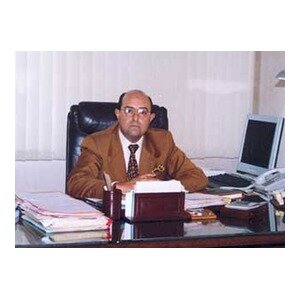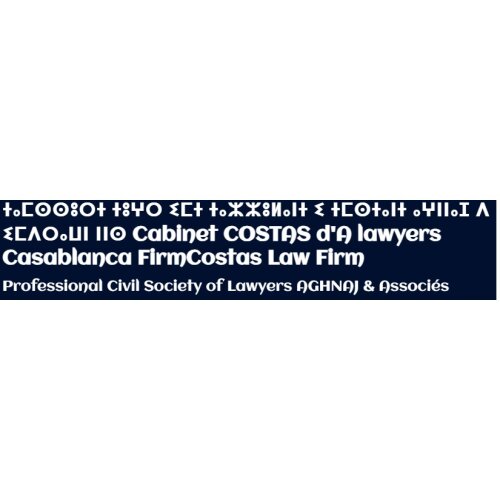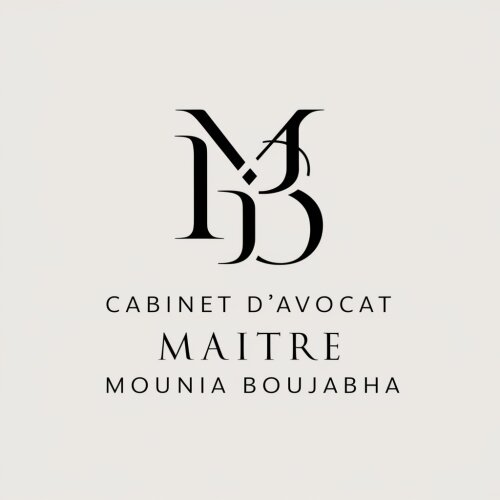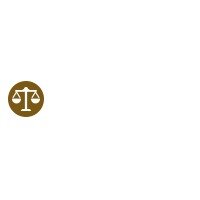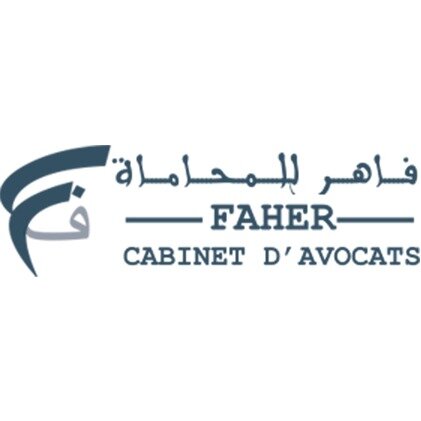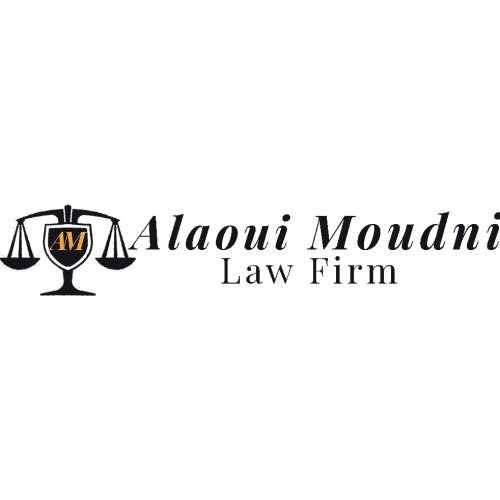Best Constitutional Law Lawyers in Morocco
Share your needs with us, get contacted by law firms.
Free. Takes 2 min.
Or refine your search by selecting a city:
List of the best lawyers in Morocco
About Constitutional Law in Morocco
Constitutional Law in Morocco governs the structure and function of the state, including the relationship between the different branches of government and the rights of individuals. The Constitution of Morocco, adopted in 2011, is the supreme law of the land and reflects the country's commitment to democracy, the rule of law, and the protection of human rights. It establishes the framework for government institutions and outlines fundamental rights and freedoms granted to citizens, such as freedom of speech, religion, and the right to a fair trial.
Why You May Need a Lawyer
There are several situations where individuals or organizations might require legal assistance in Constitutional Law in Morocco. This includes challenging or defending the constitutionality of laws or governmental actions, seeking enforcement of constitutional rights, involvement in electoral disputes, or dealing with the interpretation of constitutional provisions. Individuals or entities may also need assistance in navigating complex legal landscapes involving religious, linguistic, or cultural rights enshrined in the Moroccan Constitution.
Local Laws Overview
The Moroccan legal system is a blend of civil law rooted in French legal tradition, Islamic law, and African customary law. Key aspects relevant to Constitutional Law include the separation of powers between the executive, legislative, and judiciary; the role of the monarchy; mechanisms for judicial review and constitutional enforcement; and individual rights protections. The Constitutional Court plays a critical role in interpreting the Constitution and ensuring laws comply with constitutional mandates.
Frequently Asked Questions
What does the Moroccan Constitution say about human rights?
The Moroccan Constitution emphasizes the protection and promotion of human rights including equality, freedom of speech, and the right to a fair trial. It enshrines commitments to international human rights conventions.
How is the separation of powers maintained in Morocco?
The Constitution outlines distinct roles for the executive, legislative, and judicial branches, with checks and balances to prevent any single branch from exercising excessive power.
What is the role of the Constitutional Court in Morocco?
The Constitutional Court reviews the constitutionality of laws, resolves disputes concerning elections, and ensures the proper functioning of democratic institutions in compliance with constitutional mandates.
Can individuals challenge laws that they believe are unconstitutional?
Yes, individuals can petition the Constitutional Court to review and challenge the constitutionality of laws that may infringe upon their constitutional rights.
What is the legal status of religious freedom in Morocco?
The Moroccan Constitution guarantees freedom of religion. However, Islam is the state religion, and the king holds the title of 'Commander of the Faithful,' which influences religious practices and policies.
How does the Moroccan legal system address gender equality?
The Constitution underlines equality between men and women and mandates state institutions to promote parity and prevent discrimination based on gender.
Is there a constitutional right to education in Morocco?
Yes, the Constitution affirms the right to education and obligates the state to ensure access to quality education for all citizens.
Are there specific constitutional provisions for minority rights?
Yes, the Constitution recognizes and protects the linguistic and cultural diversity of Morocco, including the rights of Amazigh people and other minorities.
What is the process for amending the Moroccan Constitution?
Constitutional amendments require approval from both houses of Parliament and ratification by a referendum of the Moroccan people.
How does Morocco address environmental rights constitutionally?
The Constitution emphasizes sustainable development and the duty of the state to protect the environment for current and future generations, incorporating the right to access a healthy environment.
Additional Resources
Those seeking assistance in Constitutional Law in Morocco can benefit from resources such as the High Commission for Planning, the Human Rights Council, and legal clinics at Moroccan universities. Additionally, the official governmental website provides access to legal texts, and the Bar Association offers directories for finding qualified constitutional lawyers.
Next Steps
If you require legal assistance in Constitutional Law, consider consulting with a qualified constitutional lawyer who understands the complexities of Moroccan law. Start by researching legal practitioners or firms specializing in constitutional matters. It may also be helpful to review online resources or contact legal aid organizations for initial guidance. Preparing all relevant documents and a clear statement of your legal needs can facilitate a more productive consultation with a legal professional. Ensure you verify the credentials and experience of the lawyer or legal service provider before proceeding with your case.
Lawzana helps you find the best lawyers and law firms in Morocco through a curated and pre-screened list of qualified legal professionals. Our platform offers rankings and detailed profiles of attorneys and law firms, allowing you to compare based on practice areas, including Constitutional Law, experience, and client feedback.
Each profile includes a description of the firm's areas of practice, client reviews, team members and partners, year of establishment, spoken languages, office locations, contact information, social media presence, and any published articles or resources. Most firms on our platform speak English and are experienced in both local and international legal matters.
Get a quote from top-rated law firms in Morocco — quickly, securely, and without unnecessary hassle.
Disclaimer:
The information provided on this page is for general informational purposes only and does not constitute legal advice. While we strive to ensure the accuracy and relevance of the content, legal information may change over time, and interpretations of the law can vary. You should always consult with a qualified legal professional for advice specific to your situation.
We disclaim all liability for actions taken or not taken based on the content of this page. If you believe any information is incorrect or outdated, please contact us, and we will review and update it where appropriate.
Browse constitutional law law firms by city in Morocco
Refine your search by selecting a city.




